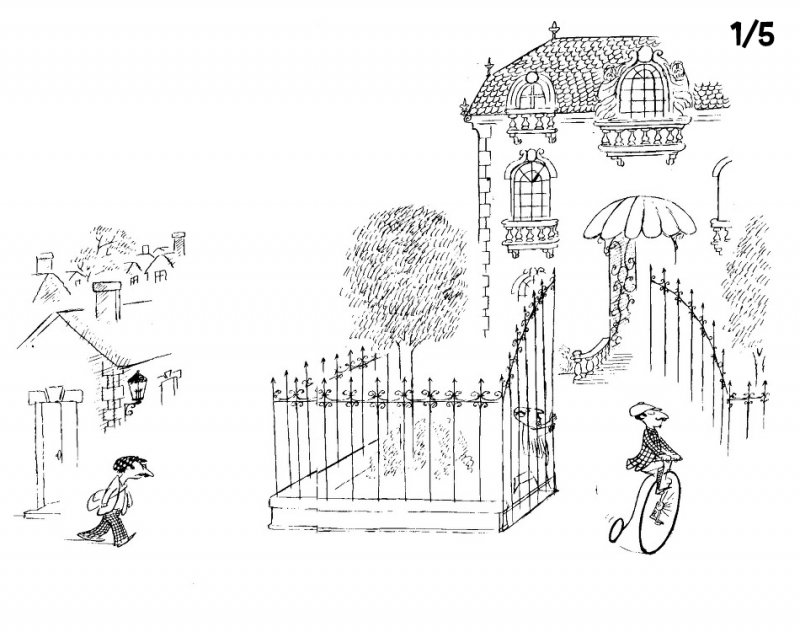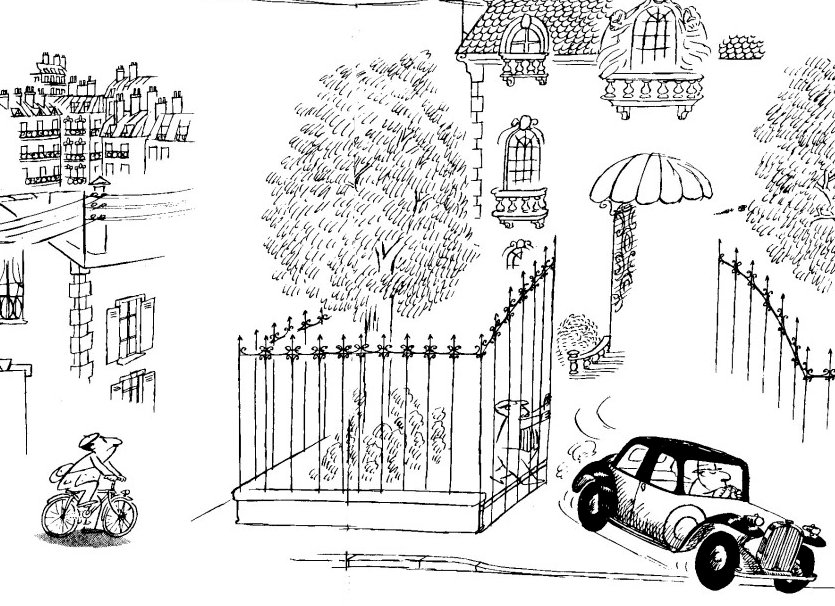Thread for anyone interested in signalling in economics and military strategy. Or whoever loves a good story. Setting of the action: Predjama castle, Slovenia. / 

As you can guess from the picture, the castle is literally built into the rocks. Rather humid and cold, so you wouldn't recommend this to anyone with rheumatics, but very practical for defence purposes. /
You wouldn't want to besiege this castle unless you really had to - which happened in the 15th century when Erasmus of Lueg, burgrave of Predjama Castle, killed Marshall Pappenheim, a relative of Holy Roman Emperor Frederick 3 /
Obviously, the Holy Roman Emperor couldn't let Erasmus get away with this, and so his troops surrounded the castle. When the defences are too formidable, an obvious alternative is to just let time do it's work and wait until the starving garrisson surrenders /
But, guess what? Not only did the garrisson not appear to starve, but Erasmus actually sent food as a gift to his besiegers, with special treats on Church holidays. For the besiegers, it was clear that this proved that Erasmus had signed an alliance with the devil /
The truth was slightly less schocking: there was a secret passage in the rocks behind the castle, and, unbeknownst to the besiegers, this was used to supply the garrison with ample food. The really smart thing about Erasmus was that, without having a PhD in game theory, he /
understood the value of "signalling": undertaking actions that were costly to him but that showed his invincibility to his ennemies, such as giving away food he could have used himself /
This being said, being smart didn't save him. According to popular accounts, a servant betrayed him and sent a signal to the enemy went Erasmus went to the loo (even strategic geniuses are occasionally full of shit) and the loo was then the target of concentrated catapult fire /
So Erasmus eventually died in every dishonorable position, after having held out for a year. There's probably a moral to this story, but I will leave that to someone else. /
• • •
Missing some Tweet in this thread? You can try to
force a refresh





















